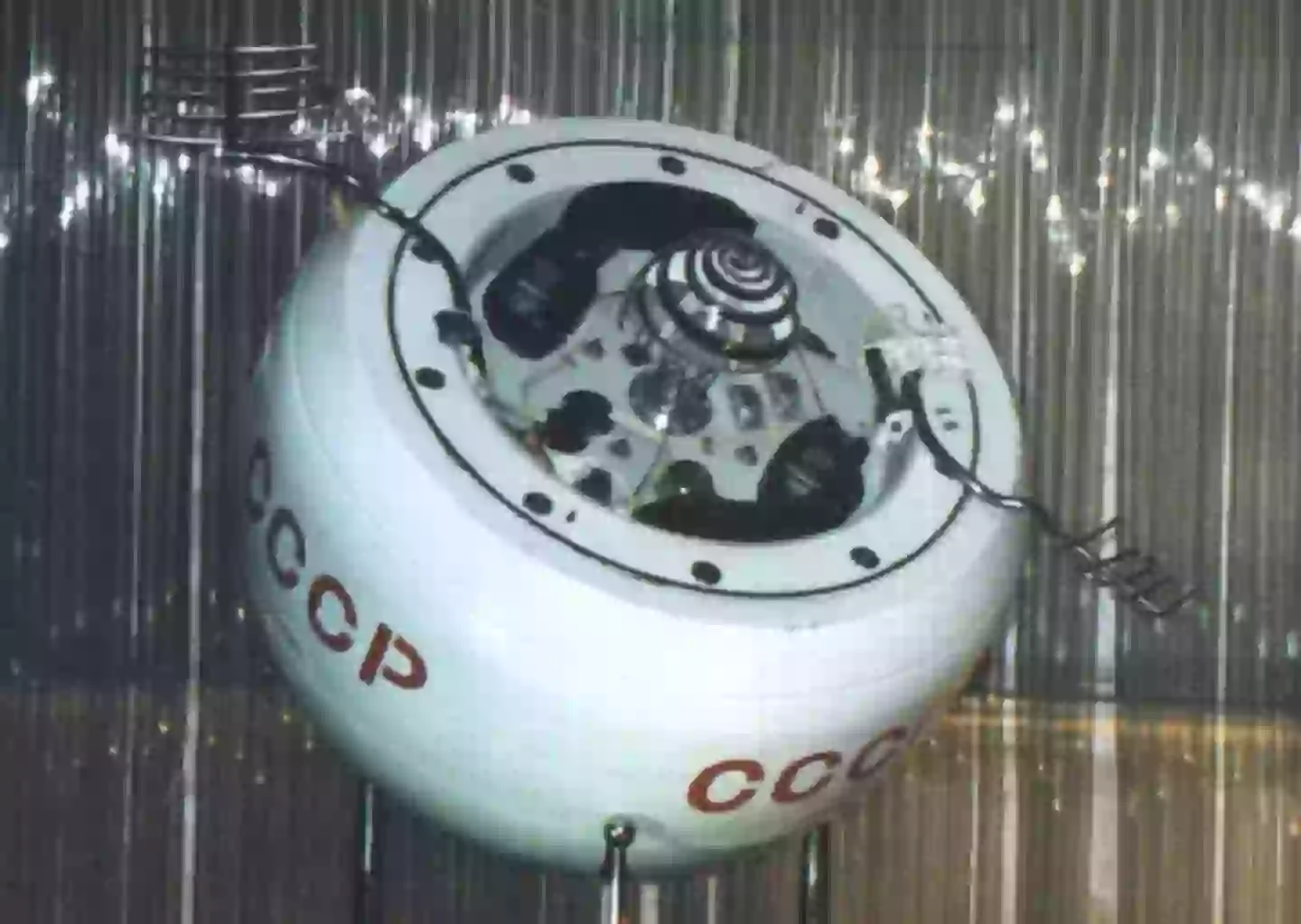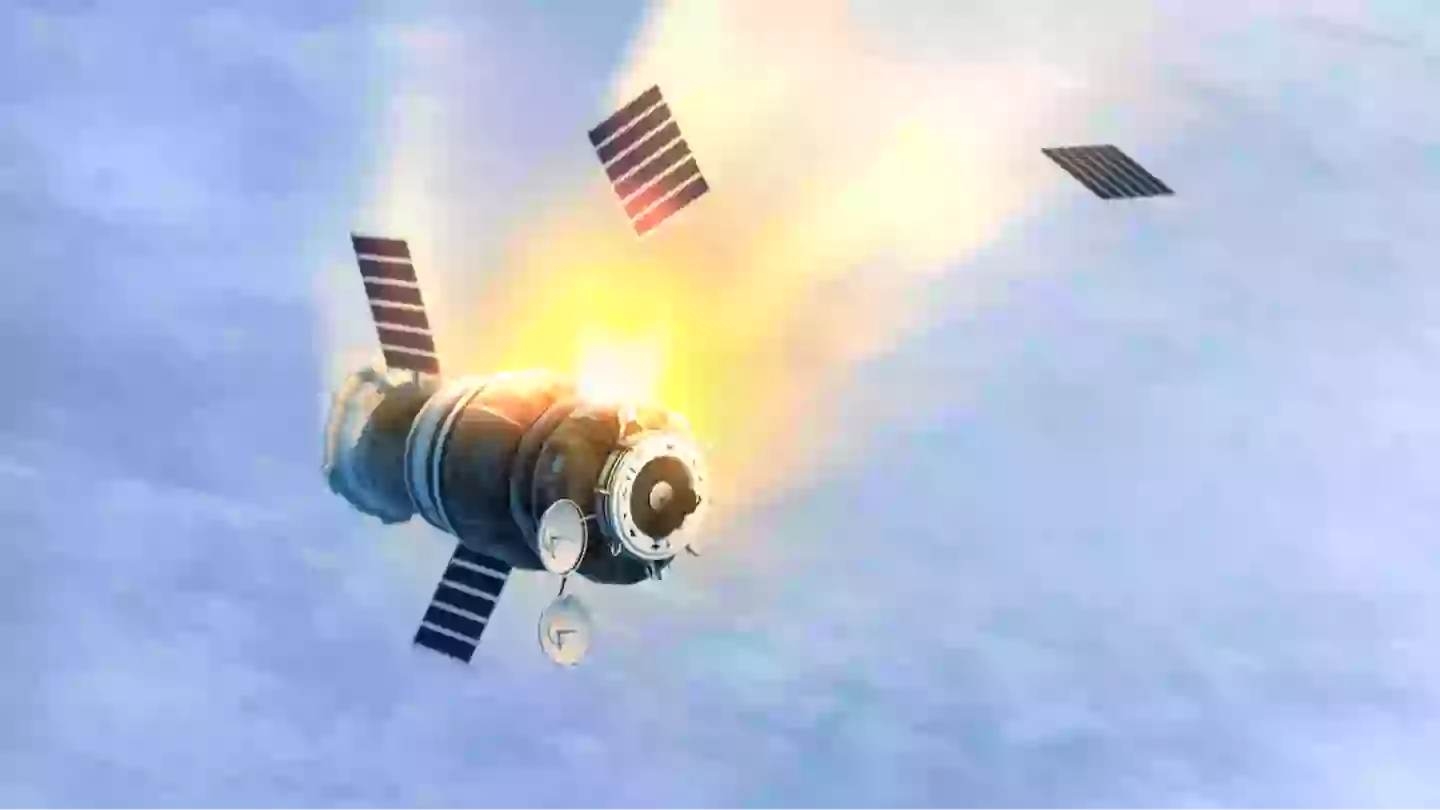An astronomer has issued a cautionary note about an aging satellite that might re-enter Earth’s atmosphere next week, potentially causing damage. The likelihood of it hitting someone is low, but not impossible.
British-American astronomer Jonathan McDowell has highlighted that a satellite from the Soviet era might fall to Earth as early as next week. In a blog entry, he mentioned that it is possible for the old satellite to make it through the atmosphere and reach the surface.
It is important to note that this satellite hails from the Soviet Union, as it was launched during the period when the Soviet Union was still in existence.
The satellite in question is the Kosmos 482 probe, launched in March 1972 by the USSR to collect data from Venus.

Due to a malfunction with its engine, the satellite did not successfully break free from Earth’s gravitational influence. The main body of the satellite was destroyed, having burned up in the atmosphere during its fall back to Earth in 1981.
In his blog post, McDowell predicted that the remains of the satellite could return to Earth between May 7 and May 13.
He stated: “I am moderately confident, but not 100 percent confident, that object 6073 is the Kosmos-482 entry capsule. If it is, its heat shield means that the half-ton, one-metre-diameter sphere might well survive Earth atmosphere entry and hit the ground.
“In which case I expect it’ll have the usual one-in-several-thousand chance of hitting someone. The vehicle is dense but inert and has no nuclear materials. No need for major concern, but you wouldn’t want it bashing you on the head.”
In an interview with the Mail Online, McDowell also pointed out that if the satellite does hit someone or their property, the Russian government would be responsible for any damages.

He mentioned that the satellite was originally equipped with a parachute system intended to slow its descent upon re-entry, but the likelihood of it deploying is minimal.
Thus, the satellite will likely crash to Earth at high speed, engulfed in flames. However, McDowell reassured that the odds of the satellite hitting a person are extremely slim due to most of the Earth’s surface being uninhabited.
He explained: “If you land something in a random part of the Earth, the chance that it hits a person is about one in 10,000. The chance that it hits you is then one in 10 billion – smaller than that.”

